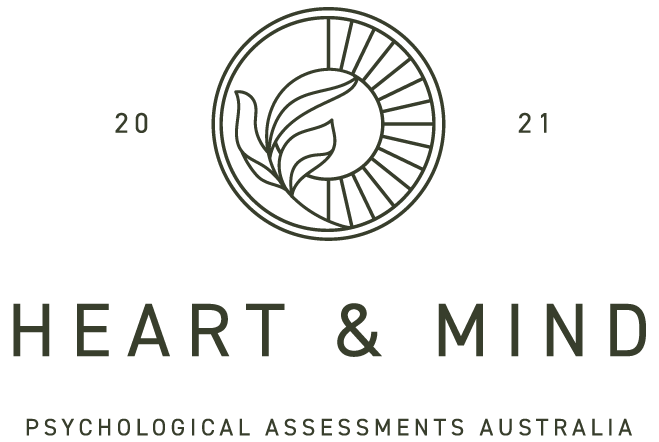Supporting your PDA’er Child or Adolescent
Supporting your PDA’er Child or Adolescent - Heart and Mind psychology
Three Reasons to Drop ‘On the Spectrum’ from your Vocabulary
Three Reasons to Drop ‘On the Spectrum’ from your Vocabulary - Heart and mind psychology
Recovering from Autistic Burnout
Many of our Autistic clients come to us with depression-like symptoms, such as fatigue, withdrawal, and difficulties coping with daily activities. However, these clients do not experience the same levels of low mood, hopelessness, or loss of enjoyment characteristic of major depression. These particular clients may instead be experiencing Autistic burnout.
Embracing Neurodiversity as an Ally
In a world that thrives on diversity, we should all strive to be champions for the neurodiverse community. Even if you don't identify as neurodivergent yourself, being an ally can open your heart to the profound beauty of our differences.
What’s Next - Receiving Support After Your Diagnosis
Receiving a diagnosis can be a very daunting experience, but it is an important part of your journey towards self acceptance as it helps you to understand your experiences and how you can be supported.
3 Ways Parents Can Support Autistic Children
Being a parent is difficult on the best of days, but there are special considerations you can take if your child is autistic to better support them.
What Is Affirming Language and Why It’s Important That We All Strive to Use It
Many medical books, such as the DSM-5 which is used by psychologists to identify and understand autism, ADHD among others, is riddled with language such as “deficits,” “symptoms'' and “disorders.” While this language may be appropriate in other situations, such as describing medical conditions, it is not appropriate for describing neurodivergence.
Have You Heard of Comprehensive Testing for Adult ADHD?
ADHD is characterised by the inability to pay attention, sit still and becoming easily distracted. There are many ways that this can be diagnosed in adults, as there is no single diagnostic test that can comprehensively determine ADHD.
How To Discuss Autism With Your Child
Your child will find out regardless, especially if they are receiving services for autistic children, being assessed by a psychologist or have specialised learning plans at school. It is best that as their parents, they hear it from you.
Three Things I Wish People Knew About Autism
In recent years, there has been an increase in awareness about autism. However, there are some things that are commonly overlooked. Jack has autism and grew up in a regional town, he is sharing with us three things he wished people knew about autism.
It’s Time To Try Tele-assessments.
Wherever you are in Australia, you have access to our team of psychologists. Through our virtual clinic, we provide psychological assessments for children and support for their families.
Our comprehensive tele-assessment package is for children aged 6 - 16:11 years.
The Many Benefits of Yoga for Neurodiverse Individuals.
Yoga involves both the mind and the body, and offers many mental and physical benefits. Modern medicine recognises the therapeutic use of yoga, often prescribing yoga alongside treatments for chronic illnesses or when recovering from surgery.
How To Know if Your Child Has Dyscalculia, Dysgraphia or Dyslexia.
Dyscalculia, dysgraphia, and dyslexia are specific and distinct learning disorders. They put an extra barrier between your child and success in mathematics, writing, or reading, or even all three. Specific learning disorders affect both sexes equally, and dyslexia in particular affects up to 20% of the population!
What Are Psychological Assessments.
Psychological assessment can sound intimidating. If this is something you or a loved one require, knowing what to expect will ease the process.
How To Know If Your Child Is Autistic.
It is important to know the early signs of autism spectrum disorder because by recognising and diagnosing autism early is the best intervention.
How To Know If Your Child Has ADHD.
Attention deficit disorder (ADD) and Attention deficit hyperactivity disorder (ADHD) affects 1 in 20 Australians, and is more commonly observed in boys than in girls (The Royal Children’s Hospital Melbourne, 2021). ADD and ADHD are often confused with one another, but in reality, those with ADHD present many of the same symptoms as ADD, but also hyperactive and impulsive.
How To Know If Your Child Has An Intellectual Disability.
Intellectual disabilities are typically understood through a deficit of intellectual functioning and difficulties with adaptive functioning. While these terms sound complex, they are actually pretty simple. If your child displays some of these symptoms, please contact us, and we will discuss our next steps to ensure you and your child are supported throughout your unique situation.




















